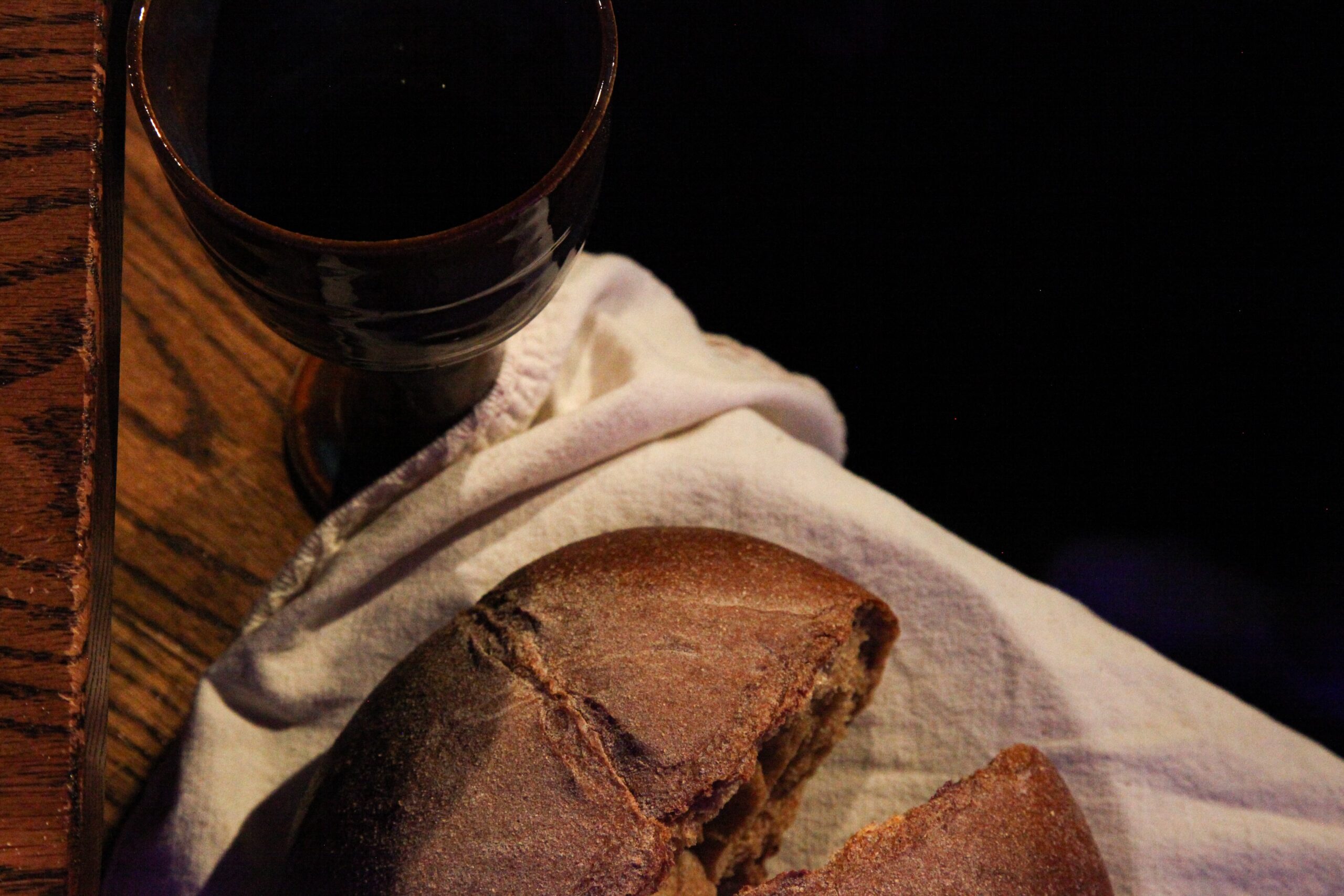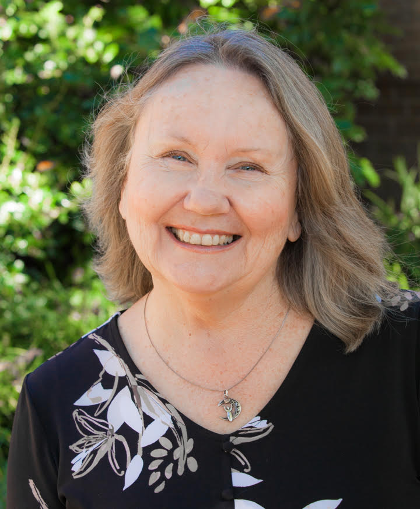
Flesh & Blood
This week, I had the opportunity to preach at Tuesdays in the Chapel, our weekly worship service in Wightman Chapel. This week’s scripture, John 6:53-58, can be difficult to understand in a literal sense. In this passage Jesus invites believers into what we now call communion:
“Very truly, I tell you, unless you eat the flesh of the Son of Man and drink his blood, you have no life in you.Those who eat my flesh and drink my blood have eternal life, and I will raise them up on the last day; for my flesh is true food and my blood is true drink.Those who eat my flesh and drink my blood abide in me, and I in them.Just as the living Father sent me, and I live because of the Father, so whoever eats me will live because of me. This is the bread that came down from heaven, not like that which your ancestors ate, and they died. But the one who eats this bread will live forever.”
John’s Gospel holds fast to the prime purpose of helping people understand the vital importance of the incarnate Word of God in the real flesh and blood of Jesus—the Word of God made flesh, who came to dwell among us and show us the love and grace of God… with skin on.
Although hard to understand in a literal sense, Jesus’ message is indeed calling us to just that: literally consuming—and being consumed by—the incarnate love and merciful grace of God. This is ours for the taking, a gift, and his mission as a flesh and blood being is to give it to us, flesh and blood beings just like him.
Each time we take communion, we remember Jesus in the breaking of the bread and drinking from the cup. In the liturgy, we repeat these words: “And so, in remembrance of these your mighty acts in Jesus Christ, we offer ourselves in praise and thanksgiving as a holy and living sacrifice, in union with Christ’s offering for us, as we proclaim the mystery of faith. Christ has died; Christ is risen; Christ will come again.” (Book of Worship)
How often do we stop and think about the words we say and hear when we take communion? For how long do we remember the significance of what we experience in the act of taking the body and blood of Christ?
I turn on the news and see screaming, angry faces shouting things like, “It’s my God given right not to take the vaccine or wear a mask!” Where in scripture does it lead us to believe that individual rights outweigh the rights of others? The message of Jesus has been distorted, watered down to a “me and Jesus” mentality, misshaping it to suit our needs instead of the needs of God, God’s world, and God’s people.
To open ourselves—our flesh and blood selves—to the divine mystery of God in Jesus is to allow God’s merciful love to consume us. We choose to become the sensory, living, breathing instruments of God. We choose to become co-creators in God’s “kin”-dom, seeing with Christ’s eyes, hearing with Christ’s ears, speaking with Christ’s grace, loving with Christ’s love.
Heaven only knows how much there is to be done in this amazing world God created. We don’t have to look far to see the need for healing, justice, hope, mercy, joy, and love. Our mission is to see the needs with Christ-like vision, empowered by the wisdom and courage of the Spirit within and among us. And in the example of Jesus, we don’t do these things alone. We work together in community to restore community in ways that are life-giving, just, and abundant.
As the 14th Century Spanish Mystic, Teresa of Avila wrote: “Christ has no body now but yours. No hands, no feet on earth but yours. Yours are the eyes through which he looks compassion on this world. Yours are the feet with which he walks to do good. Yours are the hands through which he blesses all the world. Yours are the hands, yours are the feet, yours are the eyes, you are his body. Christ has no body now on earth but yours.”
We are the flesh and blood evidence of God. May we abide in Him and He in us.
Blessings,
Donna

Rev. Dr. Donna Patterson serves as Anam Cara Chaplain in Residence for Scarritt Bennett Center and directs the Center’s Soul Work program.

No Comments
Sorry, the comment form is closed at this time.